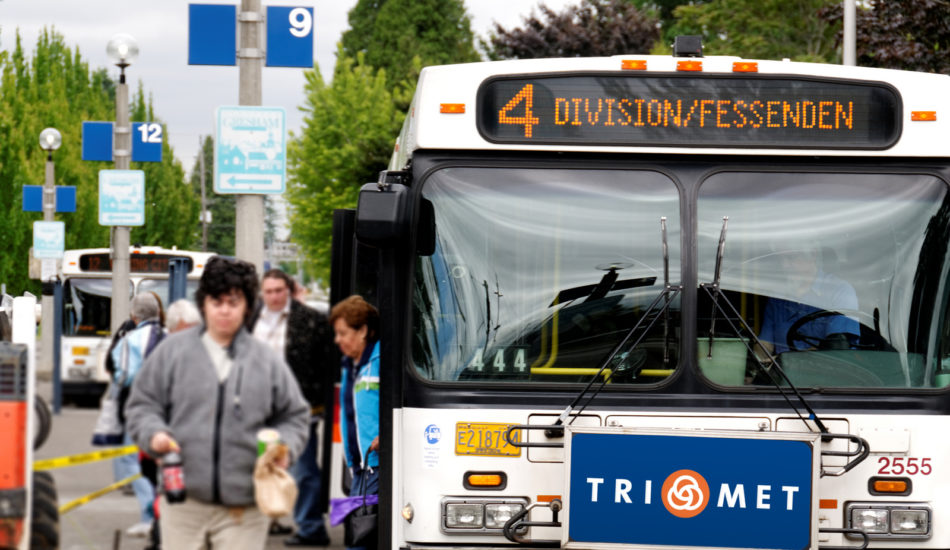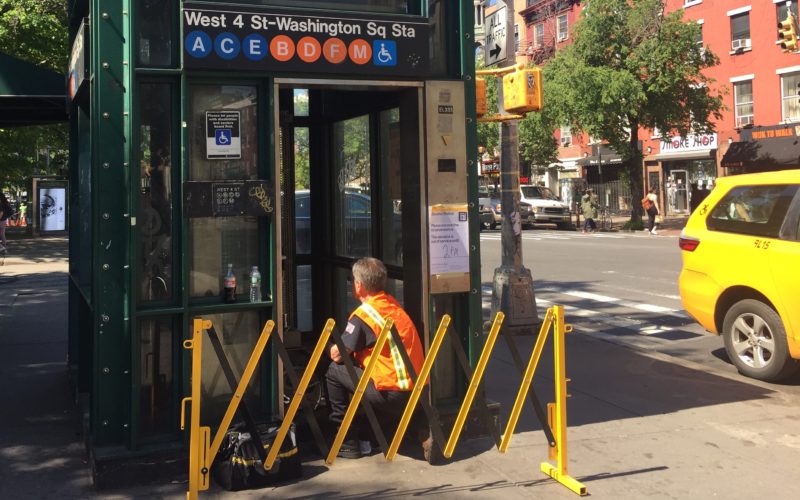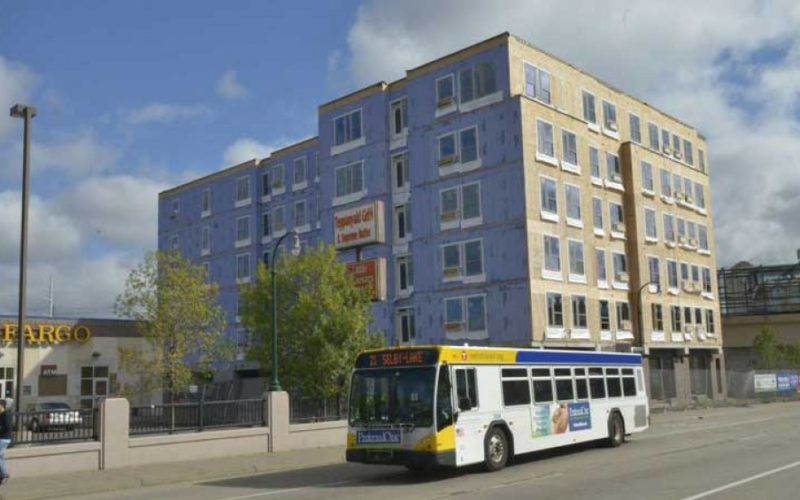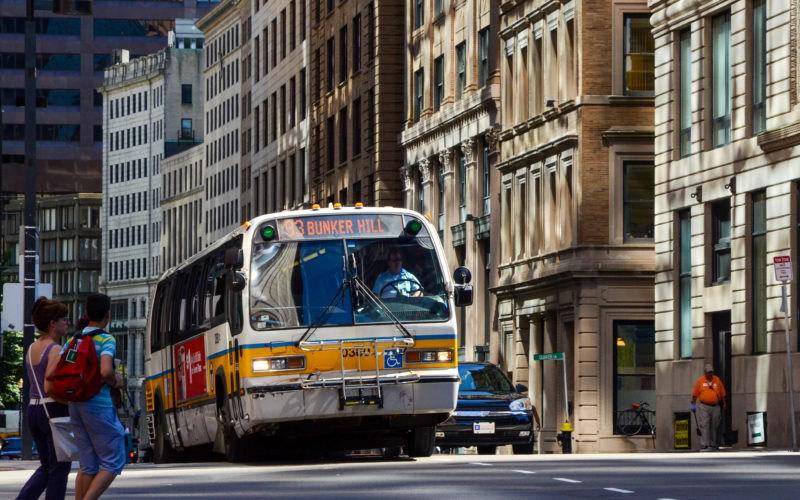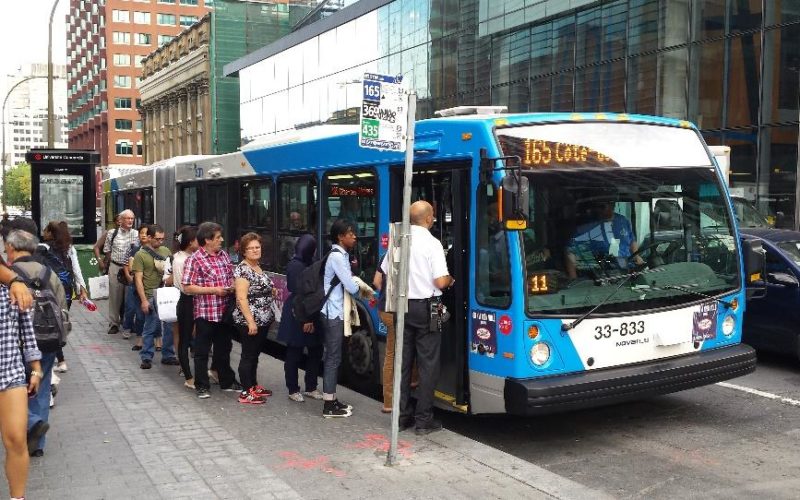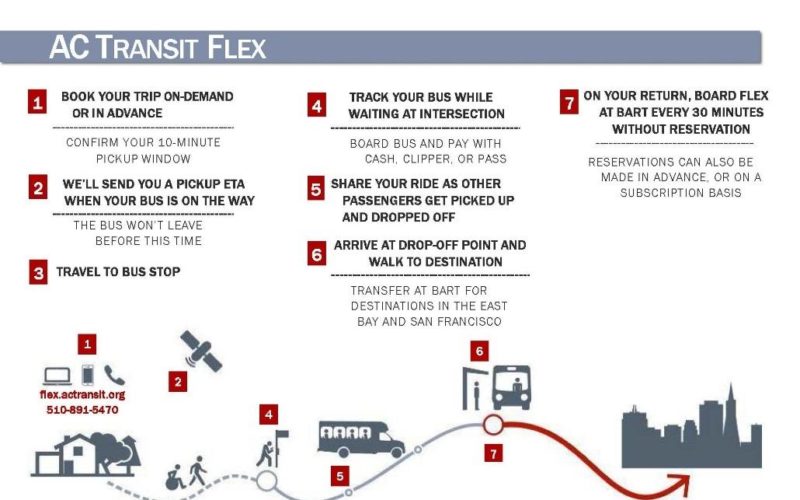The latest in our series of diversity, representation, and equity of opportunity in transit institutions: a rare advocacy battle waged in Portland, OR over selection of a transit agency CEO.
Here we outline the institutional areas at the MTA in most urgent need of reform; sustained and measurable progress on these issues will send a strong signal to riders that it really is a new day for accessible subways in New York.
Read MoreOur latest Ridership Initiative guest post about equitable transit-oriented development comes to us from Eleni Bardaka, an Assistant Professor at North Carolina State University, and John Hersey, a senior TOD associate at Denver’s RTD.
Read MoreThe SFMTA is undertaking an ambitious new program to improve real-time information for transit customers, making it easier to choose transit in one of the nation’s most diverse mobility ecosystems
This Ridership Initiative post, an interview with MBTA Director of Fare Policy and Analytics Laurel Paget-Seekins, is our latest showcasing the voices of transit agency staff who are working to understand and respond to declining ridership in their system.
As we recently found, the demographics of most transit agency boards don’t match that of their riders. But some of the effects of this mismatch could be ameliorated if board members are at least consistent users of the systems they oversee.
While many factors influence transit ridership, a study from McGill University highlights the most important one: cities must properly fund their public transit operations, especially bus services, to ensure a steady increase in ridership.
Dallas transit riders continue to pay a premium price for service that doesn’t get them where they need to go, but relief may be in store with the appointment of Michael Rogers as director of the newly-formed Dallas Department of Transportation.
AC Transit has launched an on-demand transit pilot as part of an effort to address declining ridership, improve service quality, and redesign its network in low-density, low-demand areas.
